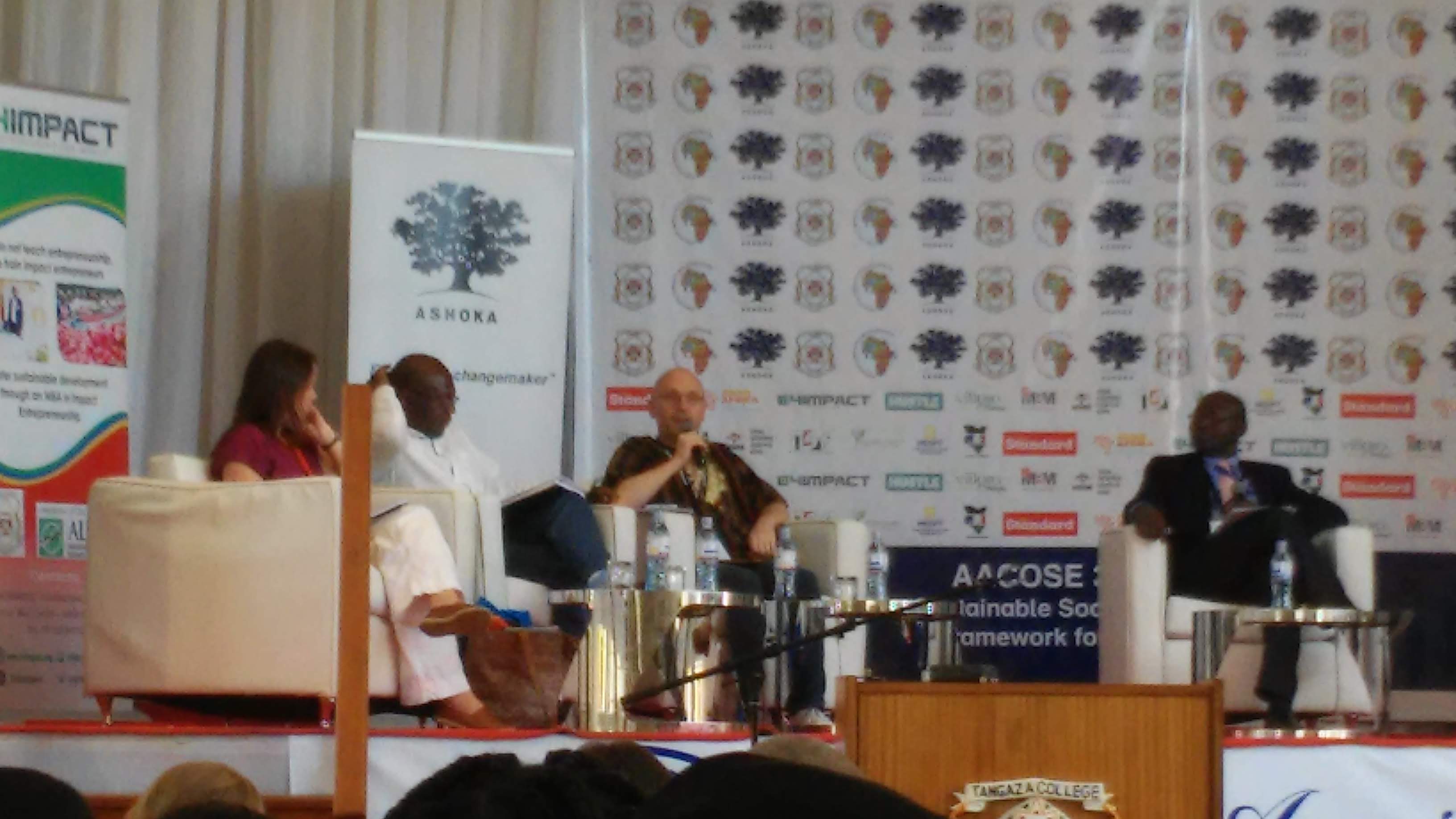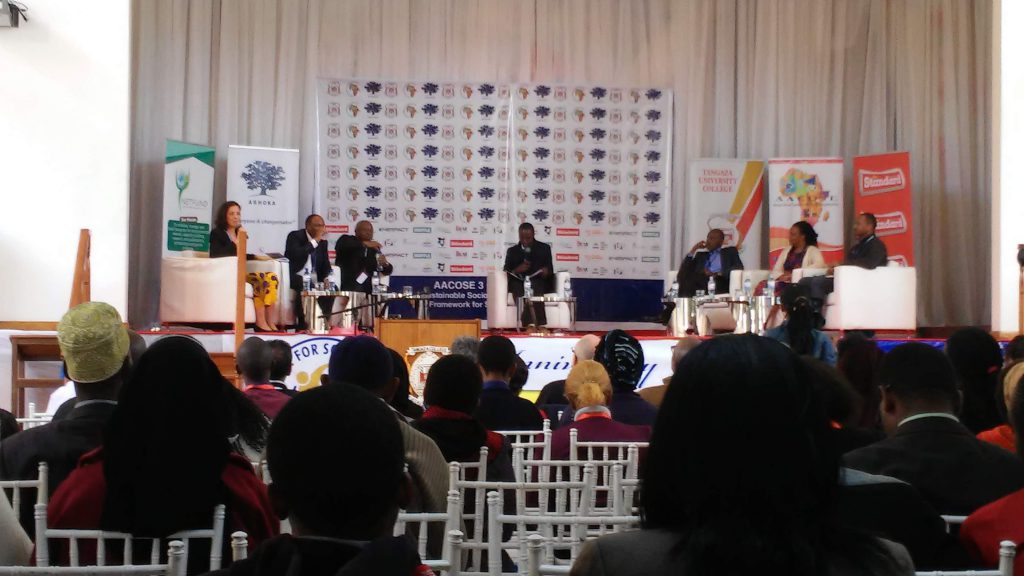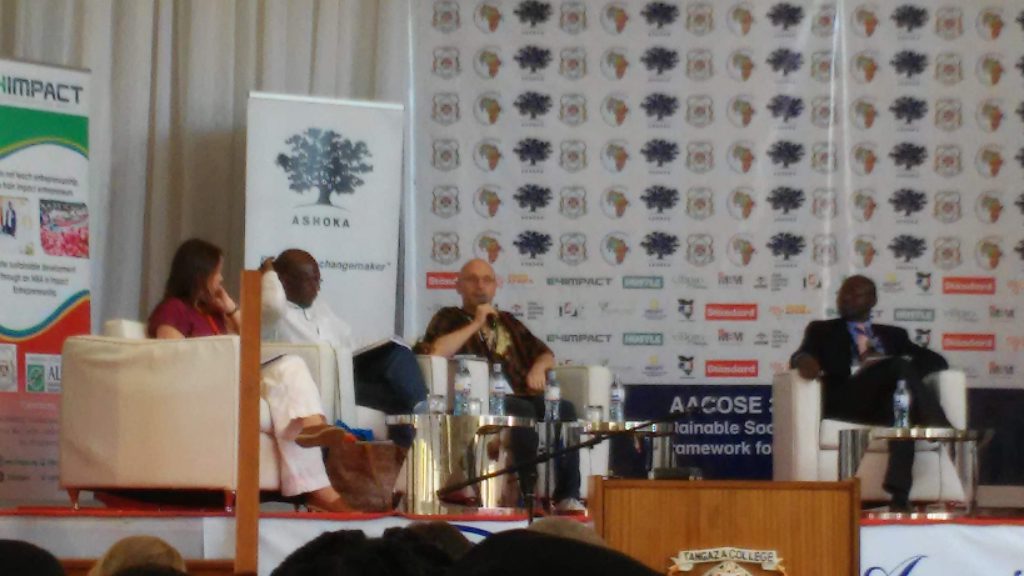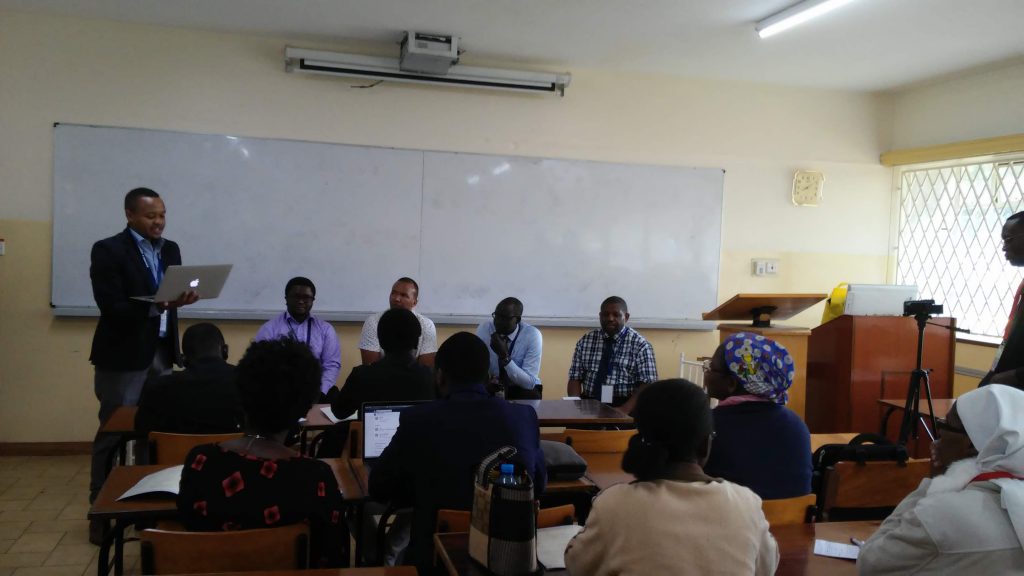Greetings to one and all! As several of you know, these last few weeks I was on a visit to Kenya. I experienced a lot of things during those days and I would like to share some of them with you. My first item will be to tell you about my first days in Nairobi, when I had the opportunity to attend the Silver Jubilee celebrations of Tangaza University College.
First of all, I must thank the community of the Comboni Sisters that hosted me during these first days while I was attending the Silver Jubilee of the Tangaza University College. I include Sr. Teresita, with whom I shared all these days, who showed me around and explained the place’s history. We shared good days when we could converse and get to know a little better the reality of Kenya and, through the other sisters, of South Sudan as well.
Tangaza University College was born 25 years ago. It was a pioneering idea in many ways and, above all, an inspiration that the Comboni family and other congregations and people are still supporting.
In particular, these days they celebrated the 3rdAnnual African Conference on Entrepreneurship during which lectures and round tables were held over the purpose and the importance of social entrepreneurs in Africa and specifically in Kenya.
Kenya faces many economic difficulties and a high level of unemployment, especially among the young. This reality which statistics throw at us stands in contrast with all that was discussed during these days. The gathering was a venue where to share experiences and challenges among a solid group of entrepreneurs. These are people filled with initiative and with many ideas that want to change the country.
Social entrepreneurship goes well beyond the interest to have a business survive and make a profit. Generating wealth in the country and its repercussion in society are two supporting pillars for these entrepreneurs.
We all know the importance of investing in education and health care in a country, but this is only a first step. The second step is the challenge for civil society to generate a just wealth for all. It means to generate a development that will improve food availability, provide better transport, a better agriculture that will satisfy people’s needs, infrastructures and, finally, to raise the level of life of the people, the level of health care for all and a care of the environment, because it is the only way to guarantee a better future for all.
These days dealt with all these things. The plenary sessions and the round tables that were held were all equally interesting. This included, in a parallel way, the exhibits of small enterprises that are opening up in this field and the contacts made possible between people sharing an interest in opening new businesses that will offer solutions to concrete problems.
It was often stressed that the problems of Africa can only be solved by Africans. This is very much in tune with St. Daniel Comboni who, almost two centuries ago, was saying, “Save Africa with the Africans.”
All this made me reflect a lot on our style of mission, our missionary priorities as a Comboni family, and especially as lay people. For sure, as lay people we are much closer to this reality. And even though it is true that not everyone is called to be an entrepreneur, it is certain that our missionary activity must grow along these lines of helping local people, especially the young, to build sustainable wealth and development. It is important to be involved not only in education, health care and social matters, but also the economic development of society and local communities must be a priority in our missionary planning, in our formation, in our vocation promotion.
Clearly there continues to be much work ahead and all our gifts remain few as we place them at the service of those most in need.
Greetings,
Alberto de la Portilla, CLM








